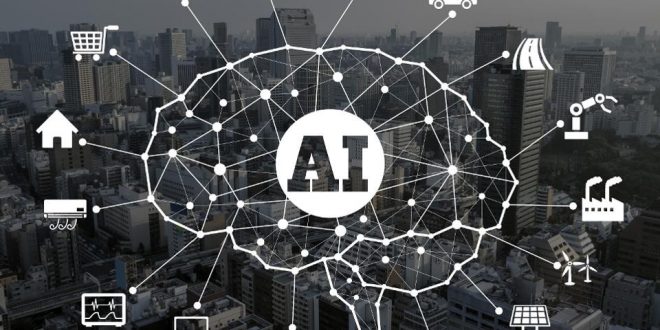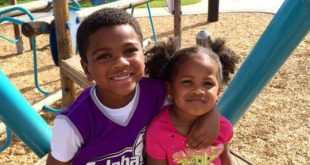By Bing Rui
Last night, I saw a 4 year old kid ask Siri all kinds of questions, trying to figure out the password for the iPad. Siri answered almost all the questions like a human, making me begin to wonder about the future. Siri will only get better and smarter as time moves on. So, how can we human beings compete with improving robots? Robots do not need to sleep and they do not have negative emotions to drain them. They don’t even complain. If we compete on the ground of knowledge alone, then human beings would surely loose. While artificial intelligence, or AI, can gain the knowledge of elementary school, middle school, high school and college in a matter of minutes, it takes a human 17 years to learn all of the material.
In modern times with technology advancing, are traditional teaching methods still valid? Albert Einstein’s famous line, “Imagination is more important than knowledge,” perhaps can lend us some insight.
AI can learn from past knowledge but cannot imagine. In order to compete with artificial intelligence, schools should focus on culturing the students’ imaginations, meaning that the teachers should encourage kids to be creative. Schools should not just be a place to feed knowledge, rather, it should encourage kids to think on their own. Only when kids think on their own can they develop creativity. In other words, teachers should not just show a presentation and expect the students to absorb that knowledge, but they should discuss that knowledge in an open minded way. More specifically, open-ended questions should be used more often in classrooms. After discussing the lesson, the teachers should ask for students’ inputs. For example, is “1+1=2” right? Why or why not? In this setting, the teacher should no longer be the leader for the journey, the kids should be. Only when the students no longer view knowledge as something unchangeable, can they expand their imagination. Only when the kids are willing to challenge knowledge, can their creativity soar.
 Tempus Magazine By Students, For Students
Tempus Magazine By Students, For Students 



